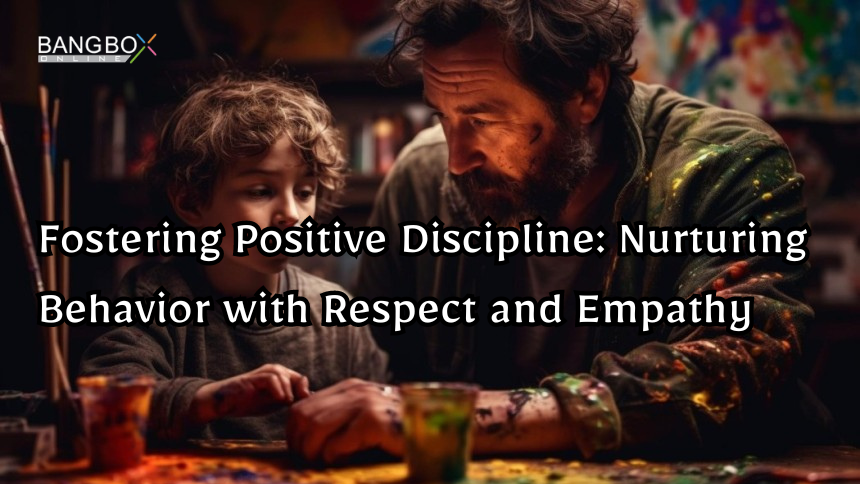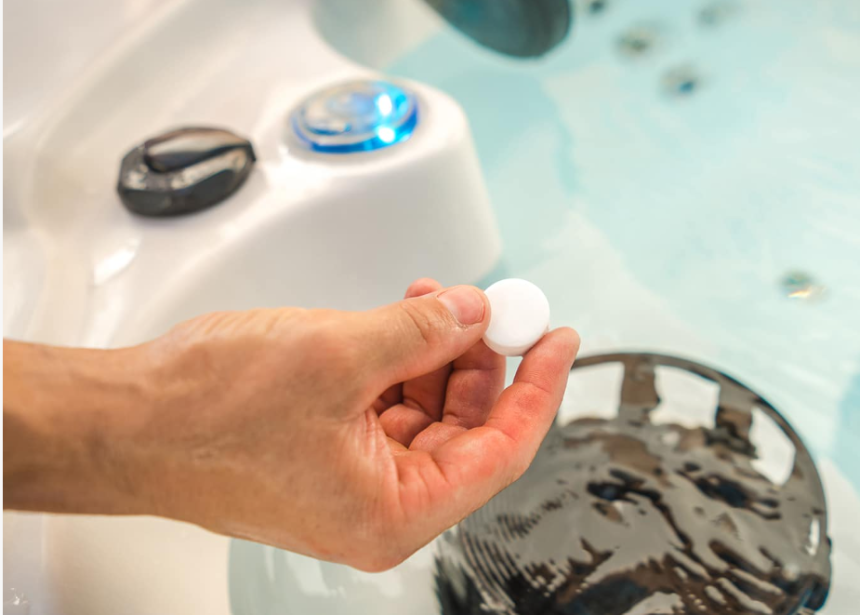
"Fostering Positive Discipline: Nurturing Behavior with Respect and Empathy"
"Discover the power of positive discipline in parenting and the classroom. Learn effective strategies for guiding children with respect, empathy, and encouragement. Enhance behavior without punishment and create a positive learning environment."
• • positive and non-violent discipline examples
What does this mean by Positive Discipline?
Are you looking for strategies to guide your children's self-protection, sustenance, and problem-solving skills? Penalties and leniency are not the answer but positive discipline can be the solution you are looking for! Positive discipline means a technique where parents decide to communicate what standards or behaviors are suitable and which ones are unsuitable resulting in good as well as bad behavior of their children. Positive discipline was designed by “Dr. Jane Nelson” a licensed family, marriage, and child counselor. Experts conclude that it’s effective and motivating for raising confident and kind kids. Positive discipline philosophy is dependent upon empowerment, reassurance, and mutual respect.
Strategies for Sustaining Positive Discipline:
Positive Discipline for Parents is a program intended to provide guidelines to young people to become considerate, responsible, respectful, and ambitious community members. Maintaining discipline without stressful punishments and giving regard turns out to be promising parenting. This article will provide you with criteria for positive parenting to completely resolve your problems. The five pillars of positive discipline include the following:
- Be compassionate and firm
- Promote appreciated life as well as social skills
- Work with the long-term in mind
- Help a child to develop a sense of belonging
- Implant a sense of “I’m capable” in child
Positive parenting isn’t punitive; you and your child are on the same team. Your child is learning to be a kind and confident human so help him to achieve his concrete goals.
The Good News is that Positive Discipline Works Effectively!
Positive discipline parenting comes out to be true over the long term. Researchers consider that children work better when they receive affection and gentleness from their parents. Children whose parents show proper responses to their emotions and necessities with realistic expectations are less likely to indulge in unsafe activities. The advantages of positive discipline help the children find it much easier to work towards concrete objectives and stay motivated.
Positive discipline training to promote positive behavior in children:
Positive discipline training is important to help all parents master how to guide children efficiently while valuing their rights. Positive Discipline offers various training preferences including Live Interactive Training Workshops, Independent Study Video Training, and the possibility of bringing the training to a school or educational institution. The parents can select any mode of positive discipline training depending on their availability.
Unique characteristics of Positive Discipline training:
Positive discipline training is necessary to maintain respectful and mutual relationships. These trainings help parents display gentleness and determination at the same time without employing penalties and flexibility. Here is a list of advantages of exercising positive discipline training:
- Identifying the Reason Behind the Behavior: Efficient discipline distinguishes the reason behind what kids do and helps to modify those reasons rather than working on the child’s behavior.
- Mutual Respect: Parents display determination by respecting themselves as well as the needs of the situation and show gentleness by respecting the child’s needs.
- Encouragement: Encouragement generally reveals improvement and effort and builds long-term self-confidence and authorization.
- Focus: It helps to focus on finding solutions rather than giving punishments.
- Effective Communication: It plays a great role in maintaining effective communication and developing problem-solving skills.
Maintaining Positive Discipline in The Classroom:
Most of the schools in the world employ effective positive discipline approaches to restore courtesy and order in today’s violent classrooms. Currently, this strategy can be used as a base for developing mutual respect, problem-solving skills, and nurturing cooperation. You can enjoy teaching positive and non-violent discipline rather than investing your energy and time to control and manage misconduct. You will feel motivated and enthusiastic students instead of provoking droopiness. Positive discipline in the classroom is a valuable management technique to initiate strong and respectful communication between students and mentors. This program is dependent upon proper research and offers the teachers to develop a classroom with a positive environment helping students to learn and promoting discipline without hitting. This article provides you with some basic points to maintain positive discipline in the classroom such as;
- Life Skills: Sustaining positive discipline furnishes students with mandatory life skills including communication, self-esteem, and problem-solving skills. These skills prove to be valuable in the classroom as well as in social life.
- Community Building: The strategy emphasizes nurturing a sense of community within the classroom. The teachers are stimulated to build a supportive and comprehensive classroom where students feel valued and appreciated.
- Academic Achievements: Positive discipline targets to advance academic achievements by encouraging a respectful and positive atmosphere in the classroom.
- Parent-School Connection: The technique identifies the significance of encompassing parents in the educational process. This brought into line the Positive Discipline Parent Education Plan that is shown at schools to boost the association between parents and the school community.
Employing positive discipline techniques in the classroom:
Developing positive discipline in the classroom is an efficient strategy to control mischievous students in the classroom instead of announcing punishments. It lets the students adapt and acquire their behavior in the most expected way, on the other hand, teaching them to make better choices in their path to adulthood. There is a list of examples of positive discipline in the classroom that teachers can execute to preserve good behavior in the classroom such as;
- Show and tell
- Hear their problems
- Set limitations
- Give them your attention
- Catch them being kind
- Redirect bad behavior
- Elucidate consequences.
Using privileges and rewards:
An alternative to penalty and positive discipline is the distribution of privileges and rewards among students who display good behavior in the classroom. The reward system can be employed to inspire moral behavior in disobedient students and teach them to raise their hands rather than uttering the answers swiftly.
In conclusion, positive discipline is a considerably essential quality to have in life. It is a suggestion to every parent and teacher to execute positive discipline in life to succeed. As per a famous saying, for discipline to be successful, the connection comes before correction!
Europe: Envisioning a Progressive and Sustainable Future for All
Europe: Envisioning a Progressive and Sustainable Future for All



